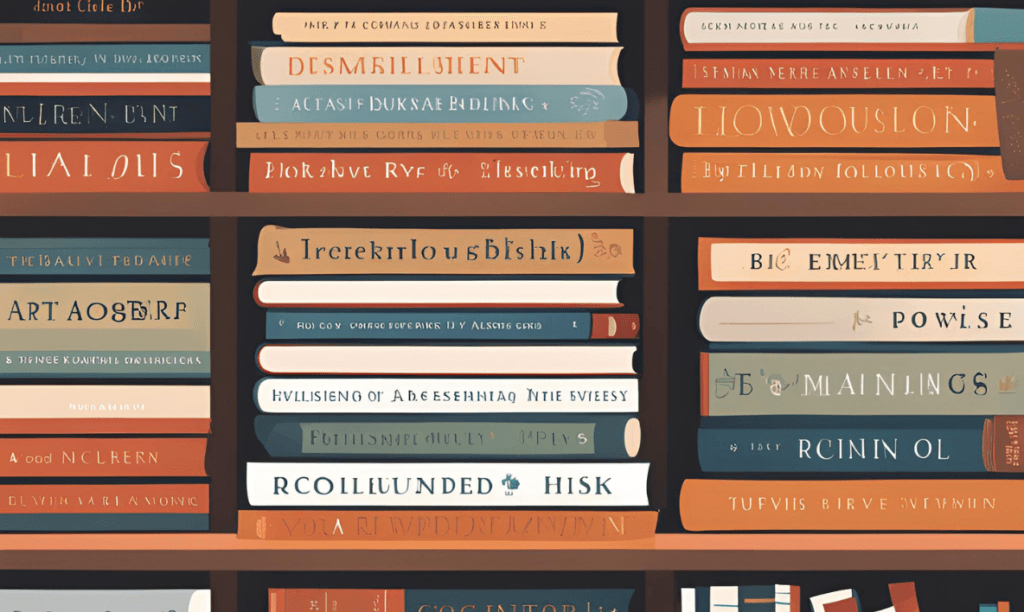Reading books is an enjoyable and effective way to expand your vocabulary. By immersing yourself in well-written texts, you can learn new words and see them used in context. In this article, we’ll explore some of the best books for vocabulary building, helping you improve your word skills while enjoying great literature.
Introduction
Reading books not only entertains but also educates, especially when it comes to building your vocabulary. Whether you’re a student, a professional, or just a language enthusiast, selecting the right books can significantly enhance your word knowledge. This guide will introduce you to some of the best books for vocabulary building and offer tips on how to use them effectively.

Top Books for Vocabulary Building
1. Classic Literature
Classic literature is a treasure trove of rich language and diverse vocabulary. Reading these books will expose you to a wide range of words and phrases, often used in sophisticated and nuanced ways.
- “Pride and Prejudice” by Jane Austen
Austen’s novel is filled with eloquent and varied vocabulary, making it an excellent choice for expanding your word bank. - “1984” by George Orwell
Orwell’s dystopian novel presents powerful language and concepts, offering a good mix of vocabulary. - “The Great Gatsby” by F. Scott Fitzgerald
Fitzgerald’s classic is known for its vivid descriptions and complex sentence structures. - Expanding vocabulary by Engaging in Conversations
2. Vocabulary Enrichment Books
Books specifically designed for vocabulary building provide structured and targeted learning experiences.
- “Word Power Made Easy” by Norman Lewis
This book offers a systematic approach to expanding vocabulary with roots and prefixes. - “The Vocabulary Builder’s Toolkit” by Jennifer Serravallo
Serravallo’s book includes practical strategies and exercises to enhance your vocabulary skills. - “1100 Words You Need to Know” by Murray Bromberg and Melvin Gordon
A useful resource for learning high-frequency words that are important for exams and general use. - Benefits of Having a Large Vocabulary
3. Non-Fiction and Educational Books
Educational and non-fiction books often introduce specialized vocabulary related to specific fields or topics.
- “Sapiens: A Brief History of Humankind” by Yuval Noah Harari
Harari’s book uses advanced language to discuss human history, providing a rich vocabulary experience. - “The Immortal Life of Henrietta Lacks” by Rebecca Skloot
This book combines medical science with a compelling narrative, offering a diverse vocabulary. - “Thinking, Fast and Slow” by Daniel Kahneman
Kahneman’s exploration of cognitive psychology introduces complex concepts and vocabulary.
How to Make the Most of Vocabulary Books
To maximize your vocabulary growth from reading, follow these strategies:
1. Keep a Vocabulary Journal
Maintain a journal to record new words you encounter. Write down their meanings, synonyms, and example sentences.
2. Use Context Clues
Pay attention to how new words are used in sentences. This helps you infer their meanings and usage.
3. Review and Practice
Regularly review the words you’ve learned and practice using them in your writing and conversation.
4. Discuss with Others
Engage in conversations about the books you read. Discussing new vocabulary with others reinforces your learning.
Quote: “The best way to learn new vocabulary is to see and use it in context.”
Additional Resources
In addition to books, consider using apps and online tools to further enhance your vocabulary:
- Vocabulary.com
Offers interactive vocabulary quizzes and a comprehensive word list. - Quizlet
Provides customizable flashcards and vocabulary games.
Conclusion
Reading a variety of books is one of the most enjoyable and effective ways to build your vocabulary. From classic literature to vocabulary-specific books, each type offers unique benefits and learning experiences. By incorporating these books into your reading habits and using them alongside other vocabulary-building strategies, you can significantly enhance your word skills.
Key Takeaways:
- Explore Classic Literature: Dive into timeless works for rich language exposure.
- Use Vocabulary Enrichment Books: Choose books designed specifically for vocabulary building.
- Read Non-Fiction for Specialized Vocabulary: Engage with educational texts to learn field-specific terms.
- Apply Practical Strategies: Keep a journal, use context clues, and discuss new words to reinforce learning.
FAQs
Q1: What types of books are best for vocabulary building?
Classic literature, vocabulary enrichment books, and non-fiction educational books are excellent for expanding vocabulary.
Q2: How can I effectively use vocabulary books?
Maintain a vocabulary journal, use context clues, and regularly review and practice new words.
Q3: Are there any apps that can help with vocabulary building?
Yes, apps like Vocabulary.com and Quizlet offer interactive tools and exercises for vocabulary enhancement.
Q4: Can reading non-fiction books improve vocabulary?
Absolutely. Non-fiction books often introduce specialized vocabulary related to specific topics.

